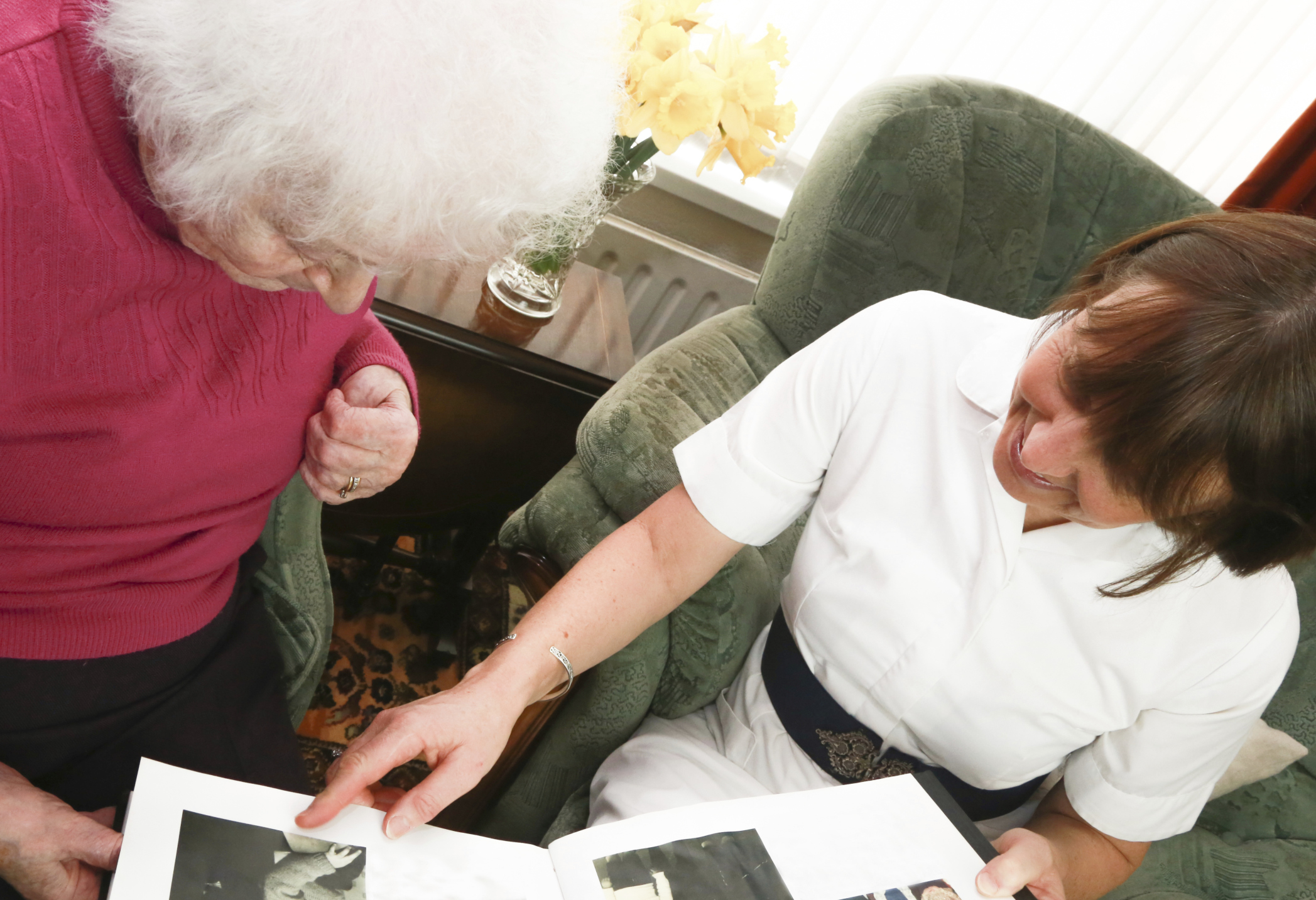Hidden lifelines
In Carer’s Week 2018 we speak to Unite regional officer Joanne GalazkaÂ
Joanne Galazka had to grow up quick. At nine she became a carer for her mother, Freda, who developed severe post-natal depression and bi-polar disorder following the birth of Joanne’s younger brother, Joshua.
As well as caring for her mum, the now Unite regional officer for north east Wales ran the household and took responsibility for her three younger siblings, making her one of nearly 200,000 children who belong to Britain’s 6.5m strong army of carers.
During Carers Week, which runs from June 11 to 17, Galazka is reminding people of the hidden and growing millions who provide unpaid care to an ill, older or disabled family member, friend or partner and the difficulties they often face at work.
Galazka said, “I didn’t expect to wake up at nine and be a carer. I’ve gone through school and higher education and then found myself working for a union. I’m dead lucky because Unite is an employer that understands.
“But I find it horrifying that if I would have worked anywhere else and my mum suddenly became ill, I don’t think there would be the same level of understanding. For countless carers in work, that’s the daily reality they have to deal with.”
As part of Carers Week, Galazka has organised a number of events across Wales for members and reps to learn about the employment rights carers have and where they can access help.
Three out of five will be carers
“Three out of five people will become carers at some point in their lives and two out of five carers drop out of employment altogether without the right support,” Galazka explained.
“It’s a massive issue and is something our members are concerned about. Employers aren’t necessarily sympathetic or accommodating. It’s led to cases where people have been dismissed or had to go on long term sick because the right support wasn’t put in place.”
While organising the carer workshops, Galazka was struck by how many members the issue affects.
She said, “There’s so many people who’ve contacted me. A rep at a major manufacturer got in touch to say he was a carer, along with his wife, for his severely disabled son and that the workshop would help in his duties as a rep, as well as in his private life.
“Someone else got in touch to say they were having difficulty getting time off to take their mother to emergency hospital appointments, so the workshops are definitely worth doing, especially because with an ageing population the number of carers is set to rocket.”
Galazka is right: by 2037 it is estimated that there will 9m carers in the UK. Despite working rights and protections for carers, many employers are still resistant to providing reasonable accommodations for staff who are responsible for looking after others.
“I went to Cardiff University. They had this big drive to attract student carers to the university and provide support for them. Ironically, I’m now the officer in charge of looking after members at Cardiff University. I went to a meeting with one of our reps who told me the same doesn’t always apply to the university’s workers,” Galazka said.
“One member was having to take annual leave to fulfil their caring duties. So even if an organisation has policies in place, they may not be applying them fairly or understanding the needs of the carer. It’s our job as a union to make sure carers are treated properly at work.”
Unite national officer for equalities Harish Patel said the union is proud to raise awareness for caring, highlight the challenges carers face and recognise the enormous contribution carers make to society.
Often unacknowledgedÂ
Unite assistant general secretary Diana Holland also praised carers, who she said are a “hidden, and often unacknowledged lifeline in our communities and families”.
“The provide support and protection, keep families together and make our communities places we can be proud of,” Holland said.
“Our reps are there to support carers in the workplace. Drawing on the legal rights and protections that employers must abide by, they will organise to ensure carers can fulfil both their caring and work responsibilities and are treated with the respect they deserve. More than that, we will campaign with carers so they are supported and have the rights they need too.”
For more information on carers’ rights at work click here. To find out more about accessing wider support for carers visit the Carers Trust website.
 Like
Like Follow
Follow


